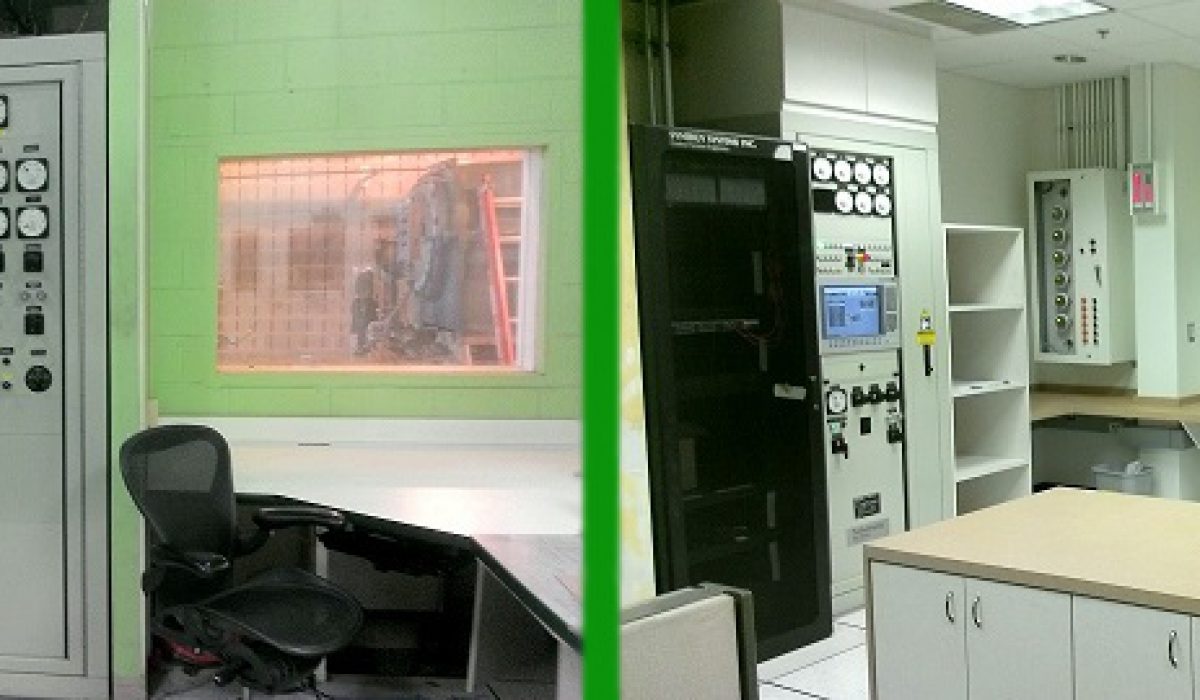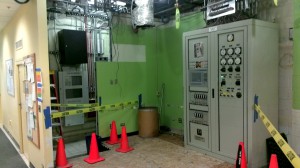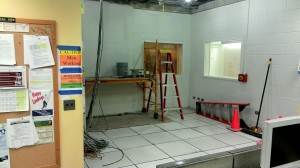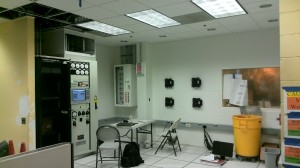
Recently, Synergy completed a complete control room remodel for a client. Along with the updated look and increased storage space, the new control room provides:
- Modern boiler control Human Machine Interface
- Improved workflow
- Improved reaction time
- Improved screens and display, allowing for faster dissemination of information
- Low-voltage lighting, reducing fatigue and eye strain of operators
Click here to see a slideshow of all the work that went into this incredible transformation.
|
|
|
|
|






